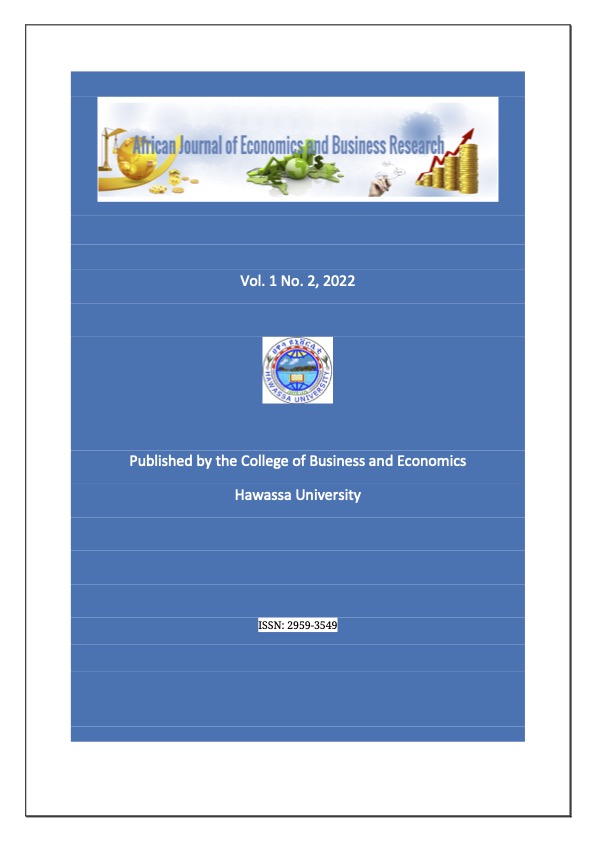Capital Market Development in Ethiopia Theoretical Perspectives, Current Progress, and Policy
DOI:
https://doi.org/10.20372/7b9mr704Keywords:
Securities Exchange, Capital Market, Efficient Market Hypothesis , Investor Behavior, Sustainable Finance, Financial IntegrationAbstract
This review examines the evolution, challenges, and prospects of capital market development in Ethiopia amid the historic launch of the Ethiopian Securities Exchange (ESX) in 2025. Grounded in the Efficient Market Hypothesis (EMH), Capital Asset Pricing Model (CAPM), Market Sequencing Theory, and Arbitrage Pricing Theory (APT), this paper explores their empirical relevance to the Ethiopian context. It reviews recent legislative, regulatory, and macroeconomic changes shaping the capital market landscape, assesses progress and bottlenecks of the ESX, and situates Ethiopia’s experience within broader African and global capital market trends. Drawing on recent Ethiopian, African, and international sources, the paper discusses the influence of regional integration, digital infrastructure, investor behaviour, financial intermediation, ESG imperatives, and sustainable finance. It concludes with policy recommendations to build a resilient, inclusive, and efficient capital market ecosystem, proposing pathways for leveraging market development as a driver for economic transformation in Ethiopia and lessons for other emerging markets.
Downloads
Published
Issue
Section
License
Copyright (c) 2025 Wogene Markos

This work is licensed under a Creative Commons Attribution 4.0 International License.
This is an Open Access article distributed under the terms of the Creative Commons Attribution License (http://creativecommons.org/ licenses/by/4.0/), which permits unrestricted use, distribution, and reproduction in any medium, provided the original work is properly cited. The terms on which this article has been published allow the posting of the Accepted Manuscript in a repository by the author(s) or with their consent.

